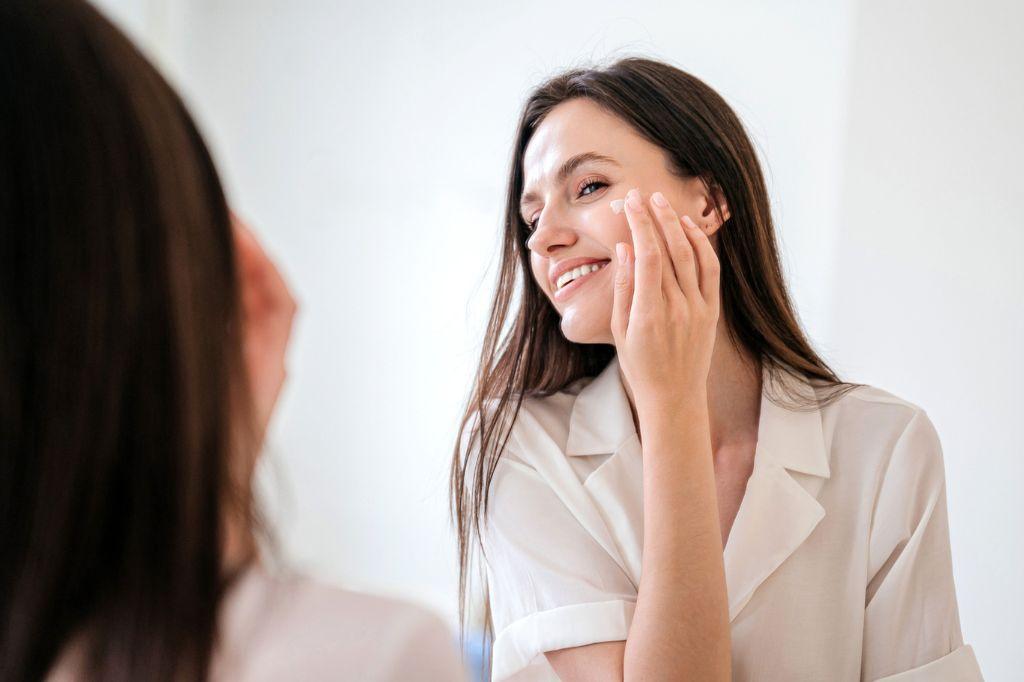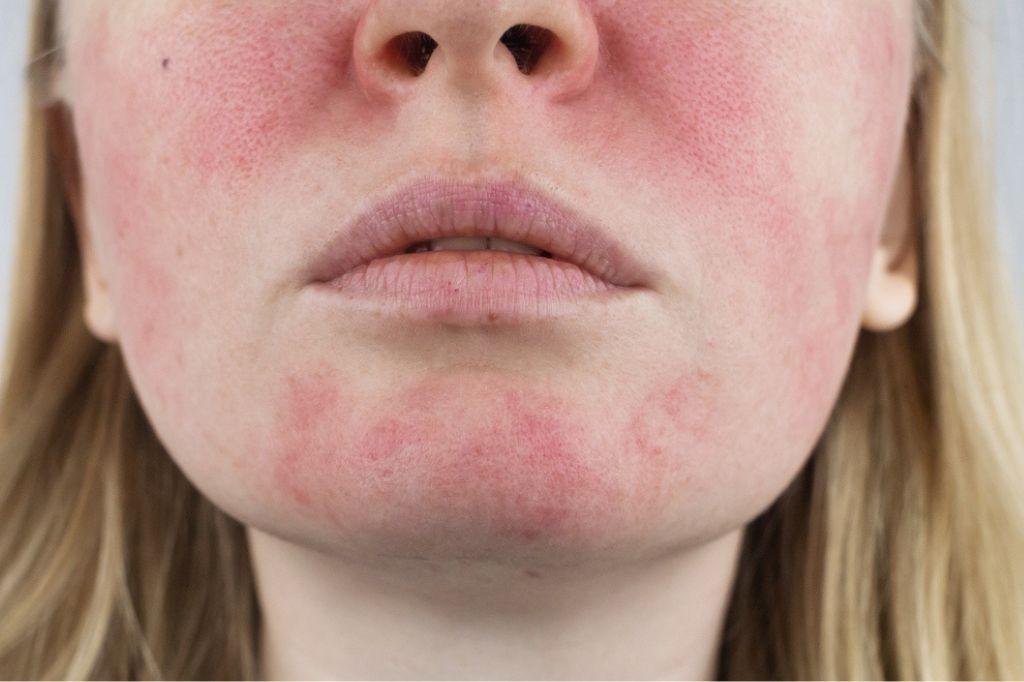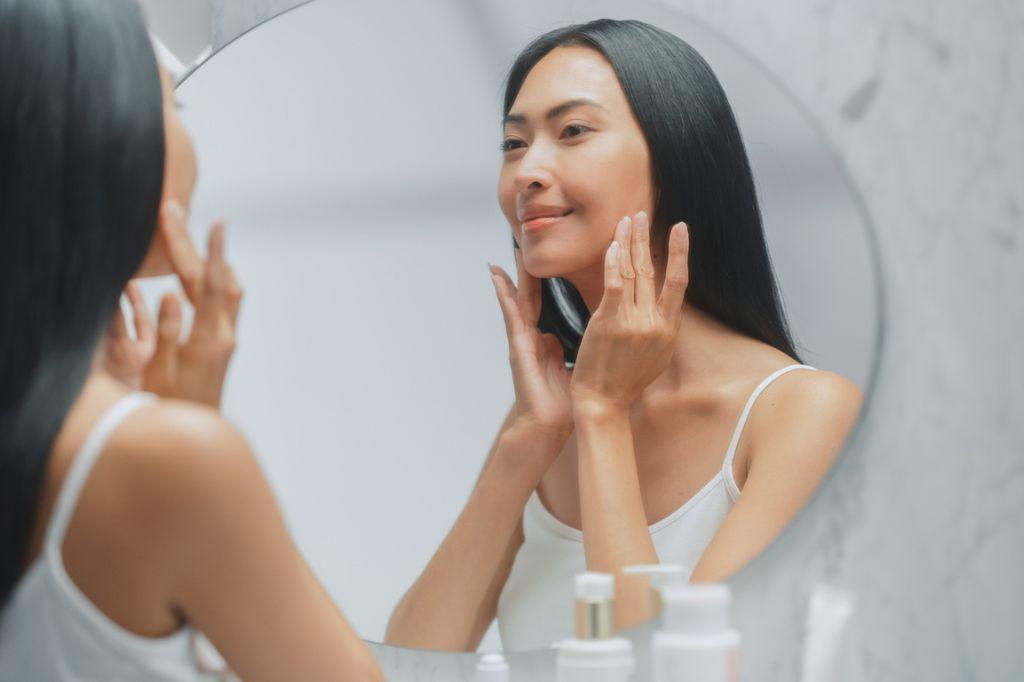Protect Your Skin from Harmful UV Rays
Physical vs. Chemical Sunscreen
Who knows skin better than Dermatologists? You may know that sunscreen is a well-known summer staple, but our dermatologists agree it should be worn every day of the year – especially in Florida. Both physical and chemical sunscreens provide broad-spectrum protection against the skin-damaging UVA and UVB rays responsible for skin cancer and early signs of aging. However, they work differently. To understand which one is best for you to protect your skin from the sun’s harmful rays, it’s essential to know the differences between them.
Physical Sunscreen
Physical sunscreen, also known as mineral sunscreen, provides a physical, protective barrier on the surface of the skin that reflects harmful UV rays away. These types of sunscreens may contain either zinc oxide or titanium oxide. Physical sunscreens tend to be better for sensitive skin types and may feel heavier or more moisturizing than chemical formulations. They work great for both daily use or extended sun exposure, enjoying time outside or at the beach.
Chemical Sunscreen
Rather than sitting on top of the skin, chemical sunscreens penetrate the skin to absorb UV rays before they can cause any damage. Chemical sunscreens may contain ingredients like oxybenzone, avobenzone, octisalate or others. Some formulas of chemical sunscreens may absorb easier into the skin than physical formulations. Chemical sunscreens may be a better option if you plan on swimming, sweating or getting wet.
How Often Should You Reapply Sunscreen?
Whether you choose physical or chemical sunscreens, reapplication is essential! All sunscreen should be applied at least 15 minutes before sun exposure and reapplied every two hours. The Florida sun can be extreme, especially in August! If you are outside at the beach or even driving in your car, you are being exposed to harmful UV rays. Protect your skin from UV rays responsible for skin cancer and early signs of aging by reapplying sunscreen throughout the day.
At Academic Alliance in Dermatology, we carry an array of medical-grade physical sunscreens to protect our patients from damaging UV rays.




